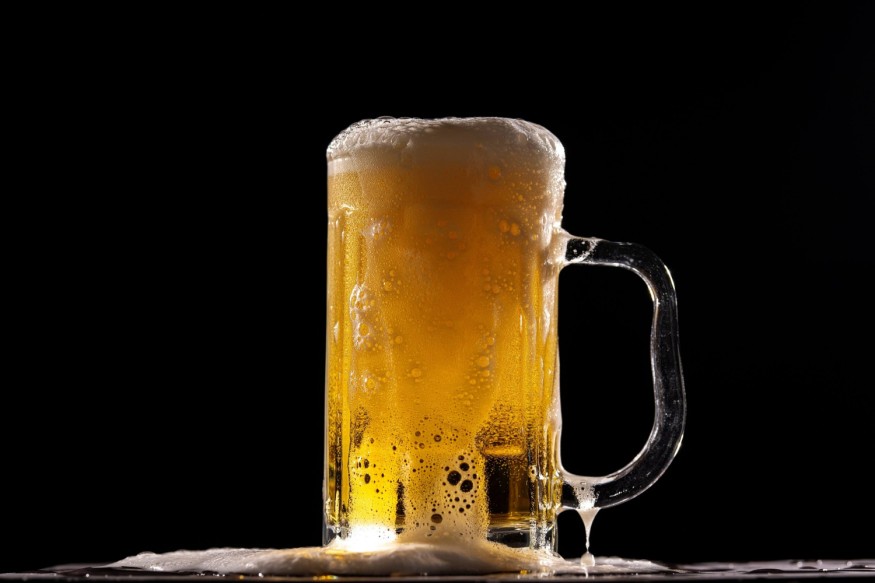Charles Denby, CEO of Berkeley Yeast, aims to enhance beer flavors by genetically modifying yeast strains. This genetic engineering toggles up desirable tastes, reduces less appealing ones, and creates new flavors. For instance, the company's Tropics yeast has been altered to impart passion fruit and guava flavors, offering beer manufacturers a reliable and sustainable alternative to using real fruits or artificial flavorings.
The reliability and decreased reliance on resources of genetically modified yeast in brewing advocate for an environmentally sustainable and effective method of flavor improvement.

How Is Yeast Involved in the Beer Brewing Process?
The role of yeast in beer brewing is fascinating, driving fermentation by consuming sugars, and converting them into alcohol, carbon dioxide, and other by-products.
In ancient times, brewers had limited knowledge of yeast's role in fermentation, often reusing fermentation vessels that retained yeast from previous batches. In some regions, wild fermentation was practiced, exposing wort to the air to attract wild yeast and bacteria.
Yeast strains are divided into ale and lager, based on fermentation type, temperature preferences, and characteristics. Ale yeast (Saccharomyces cerevisiae) ferments at warmer temperatures, producing fruity esters. Meanwhile, lager yeast (Saccharomyces pastorianus) ferments at colder temperatures, resulting in cleaner and crisper beer profiles.
Beers fermented with lager yeast are usually layered after fermentation, a conditioning process that helps yeast absorb any remaining fermentation-derived flavors, resulting in cleaner, crisper, and clearer beers.
Another approach to fermentation is wild fermentation, where wort is exposed to wild microbes present in the air. This traditional method dates back centuries and involves the use of wild yeast and bacteria. Brettanomyces, a wild yeast, contributes funky, leathery, and horse-blanket-like notes. Lactobacillus and Pediococcus are types of bacteria that add sourness or vinegar-like flavors to the beer.
Genetically Modified Yeast for Improved Beer Flavor
Berkeley Yeast, located in Oakland, California, specializes in both enhancing and eliminating flavors in beer. One of its yeast strains is genetically modified and designed to remove the off-flavor diacetyl, which can affect hoppy beers.
Additionally, they offer yeast capable of creating a Belgian-style sour beer in less time than usual. While their genetically modified (GM) yeast products are used by several US craft breweries, international sales are restricted by GM regulations.
Omega Yeast Labs in Chicago also provides GM yeast. They recently utilized CRISPR/Cas9 gene-editing technology to eliminate the gene responsible for hazy beer in yeast strains. Although many US brewers quietly use GM yeast, it's not always promoted due to public apprehension surrounding GM technology.
In contrast, Lagunitas Brewing and Carlsberg have varied perspectives on GM yeast. While Lagunitas has experimented with it, Carlsberg, one of the world's largest beer companies, maintains a no-GM policy, focusing on natural breeding for barley, hops, and yeast to create new varieties better suited to specific conditions.
The use of GM yeast in beer production remains a topic of debate in the industry, with brewers seeking to enhance flavor consistency and extend product freshness.
RELATED ARTICLE: Beer Made From 400-Year-Old Yeast Specimen Tagged Oldest in Latin America
Check out more news and information on Beer in Science Times.










